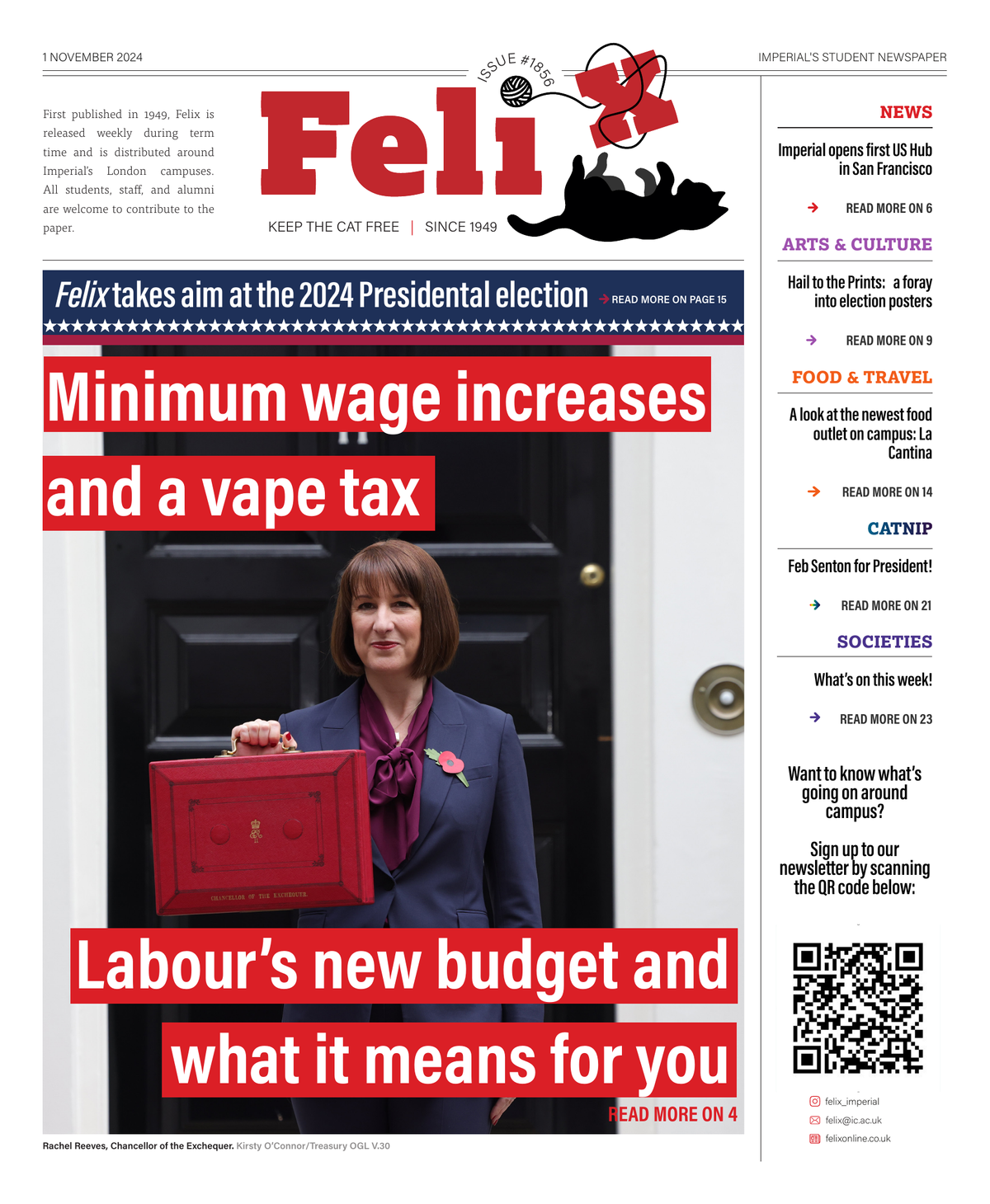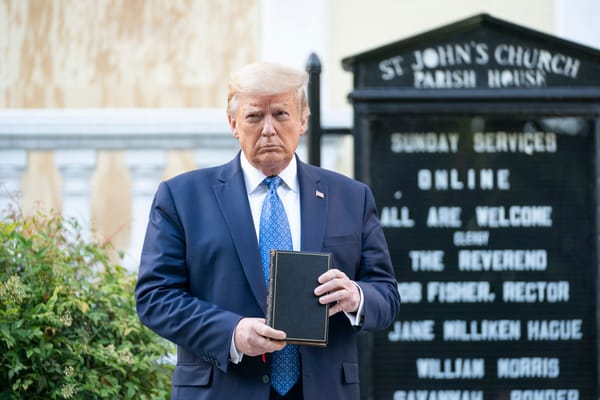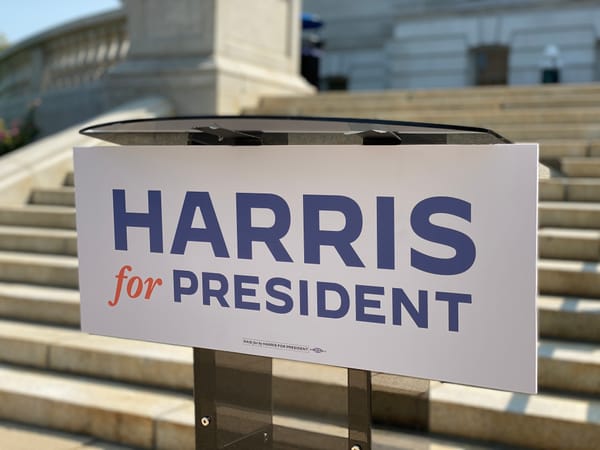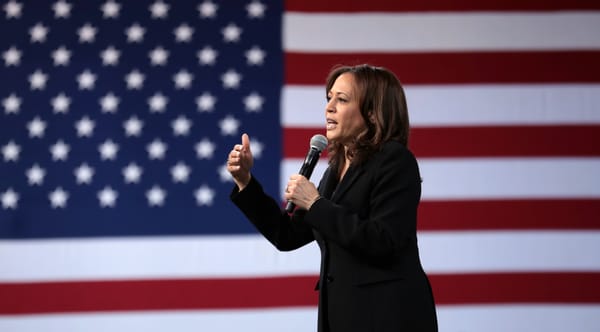Hedging elections outcomes: market implications and historical trends
In just over a week, Americans will head to polls to elect their next president and Congress. Currently, polls show former President Trump and Vice President Harris in key swing states deadlocked with no more than a percentage point separating the candidates.
The world will certainly be watching, which in turn means the markets will be watching. Much of the economic discourse in America revolves around who would be better for the market. In the UK, our own economic interests may also be shaped by the outcome. How might this election influence the US markets, and what ripple effects could we expect here in the UK?
S&P 500 Historical Performance
Typically, speculation around US stock market volatility leading up to the election is overblown, apart from market crashes in 2000 and 2008. When considering the 100 days before and after an election, the US markets are calmer than non-election years. Despite this relative stability, questions remain about whether the party in power has a short-term impact on market performance. Recent analysis by U.S. Bank investment strategists examined 75 years of market data for the three months following past elections. Their findings reveal certain scenarios where the market impact has been statistically significant, depending on which party takes office.
Positive Market Outcomes
Within the positive market outcomes – two situations were observed. Either Democrats control the Presidency, with full Republican control of Congress, or Democrats control the Presidency and there is split control of Congress. When comparing the 3-month returns of the results above to non-election years, the S&P 500 (a market index tracking the performance of the largest American companies)outperformed by about 1.7%.
Negative Market Outcome
The underperformance scenario was found to be correlated with Republican control of Presidency with full Democratic control of Congress. These results may complicate any bloviating by either party that the market views their policies better than their opponent’s, but one thing is clear, split control is something at least the S&P 500 values.
UK Implications
Similar to the US, you can expect UK markets to be rather muted in the short-term following the election next week. Despite this, each candidate’s platform may have tangible long-term effects on British market conditions.
Trump Policy Proposals
Economically, there are a few of Donald Trump’s policies that could have implications here too. Tariffs are a large part of Trump’s economic platform, with a proposed increase from 5% to 10% for the UK and the rest of Europe. This may cause some trade relation issues between the two countries and could have tangible effect on UK access to US markets.
Outside of tariffs, Mr Trump has also stated he plans to deregulate the oil and gas industry. Deregulation in the oil and gas industry may be attractive to UK investors within the energy sector and UK companies with offices in the US concerned about energy prices. Lastly, he plans to reduce trade barriers for US agriculture. This could cause the UK to alter its food and agricultural standards, and those farmers that still operate under strict EU rules might have to change their practices.
Harris Policy Proposals
When considering Kamala Harris’s effect on the UK economically, the Harris administration would likely continue the policies set forth by the Biden administration. No meaningful alterations to trade policy are a part of her platform and she has no intention of deregulation in significant sectors like oil and gas or agriculture. This may be preferable to some in the UK as exporters can expect business as usual and those within the clean energy and sustainability sector can expect added investment interest and US government subsidies in the space.
Ultimately, speculation is just that – speculation. Without a party gaining full control of Congress and the Presidency, you can expect changes to come slowly outside of the few levers a president can pull to change the executive branch’s posturing on key issues. November 5th is quickly approaching and in just over a week, we will have the 47th president and the 119th US Congress.









